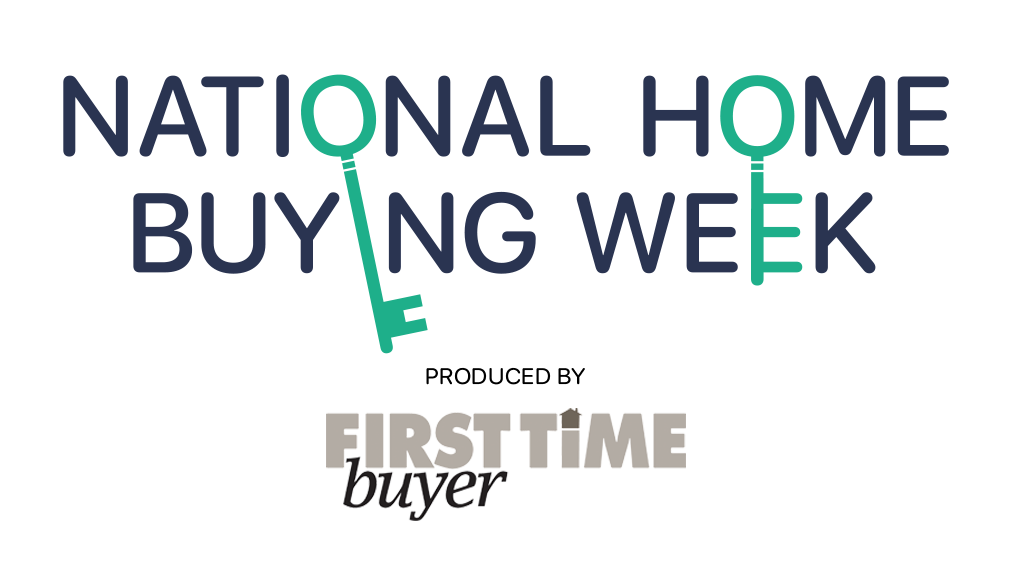When you buy a property, you will either buy a freehold or a leasehold interest in that property. Here we look at the difference between freehold and leasehold and what this means to the first time buyer and the conveyancing process.
As a starting point, it is worth noting that there are three tenures (tenure means the way in which you hold a property) and these are freehold, leasehold or commonhold.
However, we will discount commonhold as it is extremely rare.
Typically, a house will be freehold and a flat/apartment will be leasehold (although occasionally a house may also be leasehold).
Leasehold
Leasehold flats are in a communal building so the Landlord/Freeholder will own the roof, foundations and the outside skin of the building.
This would usually be insured by the Landlord under a block buildings insurance policy and you will be asked to contribute towards the costs. Unlike a freehold title, your ownership of the property is time-limited by how long the lease runs and in theory when your lease term runs out the freeholder gets the property back. (Although there are a number of ways to extend leases when they get too short)
You will pay a service charge towards the maintenance of the shared parts of the building and you will be restricted in what alterations you can make to your property.
Freehold
Freehold in its simplest form means you have outright ownership of a property and the land on which it stands. There is no time limit to your period of ownership and you will be responsible for the entire property in terms of maintenance, repair and insurance.
With older properties, this usually also means your property is not subject to outside charges for communal facilities or services but this is not always the case particularly on more modern estates.
Freeholds are usually houses as while it is possible to have a freehold flat you are not able to get a mortgage on these so they are very rare.
Key elements of leasehold property
Rent – normally you would pay annual ground rent to the landlord which ranges from a peppercorn (which essentially means no ground rent is payable) up to a few hundred pounds per annum. Care needs to be taken as to the amount of the Ground Rent and how and when this increases as this has become a key concern recently which can affect the ability to obtain a mortgage and/or re-sell the property. Your conveyancer will be able to advise you on this point.
Term – the lease will be granted for a term of years on the initial grant. It is common to see leases which were originally granted for 99, 125, 250 or 999 years. The longer the term the better, although provided there is an adequate term remaining this is acceptable. As a lease term diminishes, the property theoretically becomes less valuable. As a lease gets closer to having only 80 years remaining it becomes harder to sell and you may need to consider extending the lease at that stage or before.
Rights for the benefit of the property – the lease should grant you all the necessary rights you need to use the property. This will normally include rights of access, rights of support from the building in which the property is located, rights to use any common areas (shared areas) including hallways, staircases, communal gardens etc. Rights which the property is subject to – the lease will contain rights over the property in favour of the landlord and others. This will normally include any rights of access that are necessary, rights of support to the other properties in the building etc.
Covenants which the property is subject to – the lease will contain covenants (or obligations/regulations) which must be observed. For example, there may be restrictions or requirements you must observe when you wish to sell the property, there may be restrictions on carrying out alterations, or there may be restrictions on whether you can keep pets at the property. You should advise your conveyancer if there are specific requirements you have (for example if you keep pets and wish to take these to the property with you) so they can check the covenants as early as possible
Covenants the landlord must observe– the lease will contain any covenants/ obligations the landlord (or management company) may have to observe for the benefit of the property. These will typically include a requirement on them to insure the building (although you will need your own contents insurance), a requirement to maintain and repair the structure of the building and the common (shared) parts, and to enforce covenants against other owners etc.
Service charge – the lease will normally contain a provision requiring you to pay service charges towards the cost of the landlord (or management company) in performing their obligations and any associated administration/management charges. Generally, you will be required to contribute a fair proportion (with other owners in the building and on the estate of all services provided by the landlord (or the management company). These are normally paid in advance either monthly, quarterly, half yearly or annually as the lease requires.
Your conveyancer will check the terms of the lease and the key elements outlined above and will ensure that this provides you with the rights you require and that there are no covenants/restrictions which will be detrimental to the mortgageability or your ability to re-sell the property.
WHAT ELSE IS DIFFERENT IN THE CONVEYANCING PROCESS WHEN BUYING A LEASEHOLD PROPERTY?
While the conveyancing process (the legal process of transferring property from one party to another) follows a similar path to that of buying a freehold property, there are some key differences.
Your conveyancer will raise enquiries for the landlord to answer (often referred to as Leasehold Property Enquiries – LPE1). This form asks the landlord to provide items such as a statement of the current leaseholder’s account, three years’ previous service charge accounts and a current service charge budget, details of any upcoming works or items of upcoming expenditure etc. Your conveyancer will report to you on the replies that are received and any concerns resulting from these replies.
If the service charge accounts indicate a possibility that there will be a shortfall in the service charge collected for the current year, a request will be made of the seller’s conveyancer to retain a suitable sum from the net sale proceeds for an appropriate period of time to meet any shortfall once the final service charge accounts have been prepared.
On completion, you will normally have to refund the seller for any service charge, ground rent or other leasehold charges they have already paid to the landlord in advance, and you will normally also have to pay a fee to notify the landlord that you have taken ownership of the property and that you have taken out a mortgage over the property.
DIFFERENT TYPES OF LEASEHOLD (INCLUDING OWNING A SHARE OF THE FREEHOLD)
There are different types of leasehold ownership depending on the size of the building/estate and the legal structure.
For some properties, especially with smaller developments, you may also be given a share of freehold – this can be directly as a named owner on the freehold or by being granted a share in the management company/landlord which owns the freehold title.
Or there could be an external landlord where you are not given a share of the freehold. In this case, there may be a management company that manages the building/estate and you may or may not be asked to become a member or shareholder in this company.
Sometimes your landlord may only have a leasehold interest themselves where they hold a lease from a superior landlord. If this is the case you will be required to observe the terms of both your lease and any superior lease(s).
All of the above options are perfectly acceptable provided that the lease provides the necessary term and rights you require for the property and there are no onerous conditions. Your conveyancer will advise you in detail of the leasehold legal arrangements.
Shared Ownership Properties
All shared ownership properties and many retirement properties will be leasehold. Whether they are houses or apartments. This is because the mechanism that creates the ownership ‘shares’ is a model form Lease that is approved by most mortgage lenders in advance and designed to regulated fairly the relationship between a Housing Association and their shared owner. The amount you will pay towards the upkeep of your home will vary depending on whether it is a house or apartment but estimates should always be obtained so you can fully budget for the ongoing costs involved. With flats once you complete your final staircasing then your property will remain leasehold but in the case of a shared ownership house you can often convert your title to freehold after final staircasing. Make sure your legal adviser checks and confirms this for you.
Cost implications
When deciding what type of property to buy, whether freehold, leasehold or shared ownership it is important that you seek experienced legal advice from a solicitor who understands that type of property. They should investigate all possible additional costs for you such as rent or maintenance charges, administration fees to be paid to landlords or management companies and future fees you may have to pay for consent for alterations or to let your property for example. It is important that not only the initial purchase costs but any ongoing costs you may be liable to pay are set out for you by your legal adviser. That way you can budget for them effectively and avoid any financial surprises.

